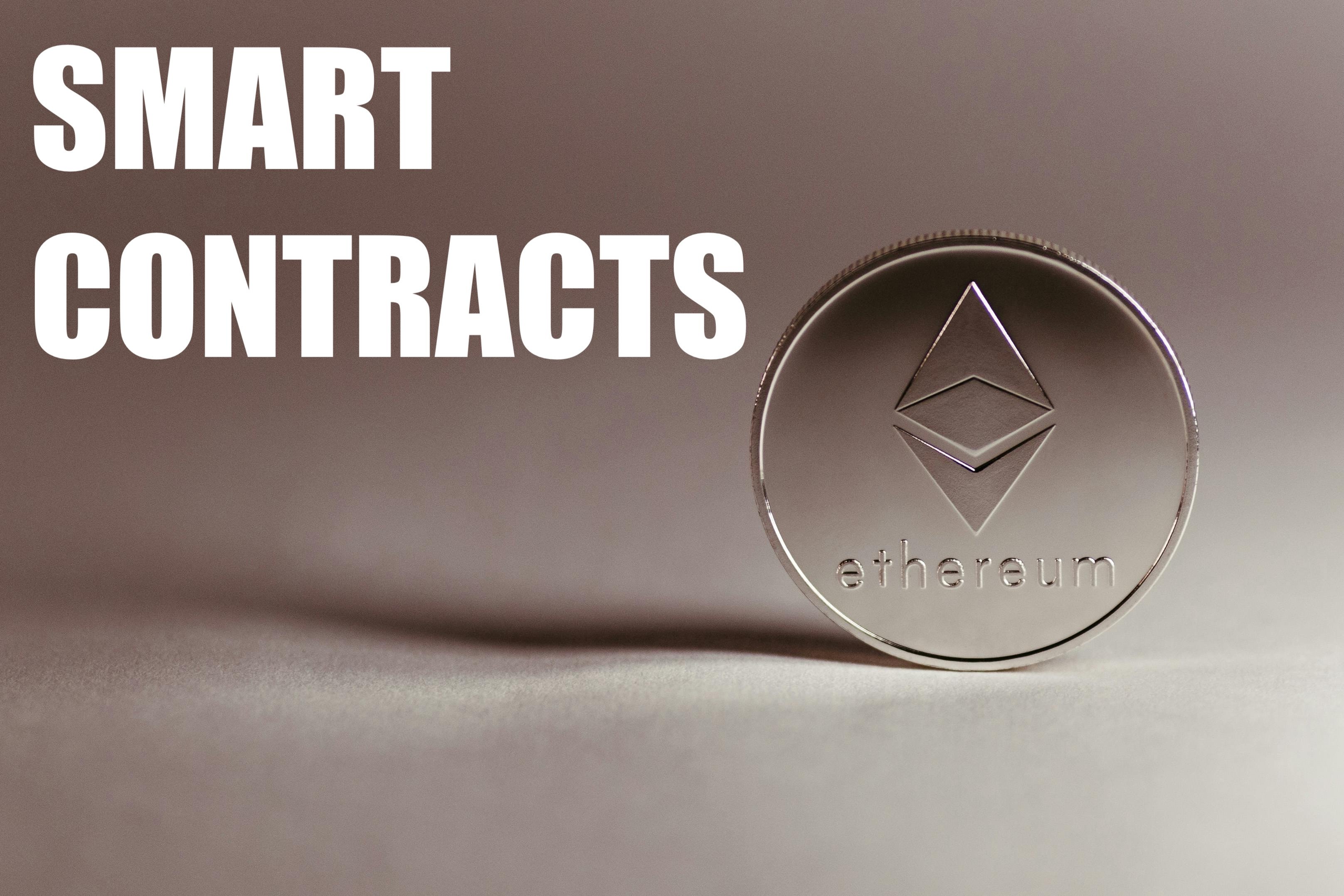Smart Contracts 101: How They’re Shaping Fintech in Canada
The financial industry has always been shaped by innovation. From the early use of paper money to the rise of online banking, each technological breakthrough has transformed how Canadians exchange value. Today, one of the most disruptive technologies at the forefront of this transformation is the smart contract. While cryptocurrencies like Bitcoin have become widely recognized, smart contracts represent a parallel innovation that is quietly reshaping the future of finance right here in Canada.
For Canadians interested in how blockchain technology is evolving, if they want to learn more about decentralized finance (DeFi), digital assets, or how to buy Bitcoin in Canada, understanding smart contracts is essential and a handy knowledge set to have in any crypto investor’s toolbelt.
What Are Smart Contracts?
A smart contract is a self-executing agreement written in code and stored on a blockchain. Instead of relying on lawyers, notaries, or banks to enforce agreements, smart contracts automatically carry out the terms when pre-defined conditions are met.
Using a Canadian example, imagine two people making a simple bet on the outcome of a hockey game. Instead of trusting each other to pay up, they can deposit funds into a smart contract that releases the winnings automatically once the game result is verified by an oracle (a trusted data source). The blockchain enforces the rules, so neither party can cheat or back out once the contract is live. (Not to say they would—Canadians are too polite for that, eh?)
This concept may sound futuristic, but it’s already being used globally in industries ranging from financial services to supply chains, healthcare, and real estate.
Why Smart Contracts Matter
- Trustless Execution: Parties don’t need to know or trust each other; the blockchain enforces the contract.
- Automation: Processes that once took days, like clearing and settlement in financial markets, can occur instantly.
- Cost Savings: By cutting out intermediaries such as brokers or notaries, smart contracts reduce fees and friction.
- Security: Once deployed, smart contracts are immutable. They cannot be altered without consensus, which helps prevent fraud.
For Canadians exploring how to buy Bitcoin in Canada, understanding smart contracts means recognizing how the same blockchain infrastructure supporting Bitcoin is being extended to a wide variety of applications.
The Role of Smart Contracts in Decentralized Finance (DeFi)
One of the fastest-growing applications of smart contracts is decentralized finance. DeFi platforms replicate traditional financial services—lending, borrowing, trading, and earning interest—without banks. Instead, they rely entirely on code and blockchain technology.
For example:
- Lending and Borrowing: Users can deposit crypto into a smart contract, which lends it out to borrowers automatically while paying interest to the depositor.
- Decentralized Exchanges (DEXs): Platforms like Uniswap use smart contracts to allow peer-to-peer trading of tokens without a centralized exchange holding funds.
- Stablecoins: Many stablecoins are governed by smart contracts that aim to maintain price stability by adjusting supply algorithmically.
This is a major shift for Canadian investors and institutions alike. For those who buy Bitcoin in Canada, DeFi opens doors to opportunities beyond simply holding BTC. By moving Bitcoin or Ethereum into smart contract ecosystems, Canadians can access lending markets, yield tools, and other financial services that were previously exclusive to large institutions.
Smart Contracts Beyond Finance
- Supply Chains: Track goods from origin to destination, ensuring authenticity and reducing fraud.
- Real Estate: Facilitate property transfers, escrows, and rental agreements without traditional brokers.
- Healthcare: Manage patient data securely, ensuring only authorized access.
- Insurance: Process claims instantly when conditions are met, such as flight delay reimbursements.
Each of these use cases shows the power of automation and transparency. For Canadians looking to build long-term trust in digital systems, the broader use of blockchain technology reinforces confidence in cryptocurrencies like Bitcoin.
Challenges and Risks of Smart Contracts
- Code Vulnerabilities: If there’s a bug in the contract, it can be exploited. High-profile DeFi hacks have resulted in significant losses.
- Irreversibility: Once executed, transactions can’t be reversed. Audits and security checks are critical.
- Scalability: As more contracts run on blockchains, congestion and higher fees can occur, as seen on Ethereum during peak usage.
- Regulation: Governments are still catching up. In Canada, securities regulators are monitoring DeFi platforms and compliance frameworks continue to evolve.
For anyone planning to buy Bitcoin in Canada or use blockchain services, it’s important to understand both the potential and the risks of interacting with smart contracts.
How Canadians Can Get Involved
- Start with Bitcoin or Ethereum: Before exploring DeFi and smart contracts, begin by purchasing established cryptocurrencies. Canadians can safely buy Bitcoin in Canada through regulated platforms like MyBTC.ca.
- Learn About Wallets: Use secure wallets to store assets. Hardware wallets are ideal for long-term storage, while software wallets integrate more easily with DeFi apps.
- Explore DeFi Carefully: Once comfortable, try decentralized apps (dApps) such as DEXs or lending protocols.
- Stay Informed: The space evolves quickly. Follow Canadian regulatory updates and market news to stay ahead.
Why Smart Contracts Are the Future of Finance
Smart contracts represent a fundamental shift in how agreements are made, enforced, and trusted. Just as email transformed communication, smart contracts are transforming finance. They create a financial system that is global, transparent, and accessible to anyone with an internet connection.
For Canadians, the rise of smart contracts makes the decision to buy Bitcoin in Canada even more relevant. Bitcoin serves as a foundation for the digital asset movement, and smart contracts show the broader potential of blockchain technology to reshape industries.
As adoption grows, more institutions, businesses, and individuals will rely on smart contracts to handle everything from payroll and investment strategies to international trade and healthcare. The next decade will likely see smart contracts integrated into daily life much like mobile banking is today.
Concluding Thoughts
The emergence of smart contracts is more than a trend, it’s a paradigm shift in finance and technology. They’re creating a world where trust is built into code, where transactions are instant and borderless, and where financial access is democratized.
For Canadians, this is an exciting time to participate in the digital economy. Depending on if you’re exploring DeFi platforms, integrating blockchain solutions into business operations, or simply starting your investment program by deciding to buy Bitcoin in Canada, understanding smart contracts equips you with the knowledge to thrive in the next era of finance.










